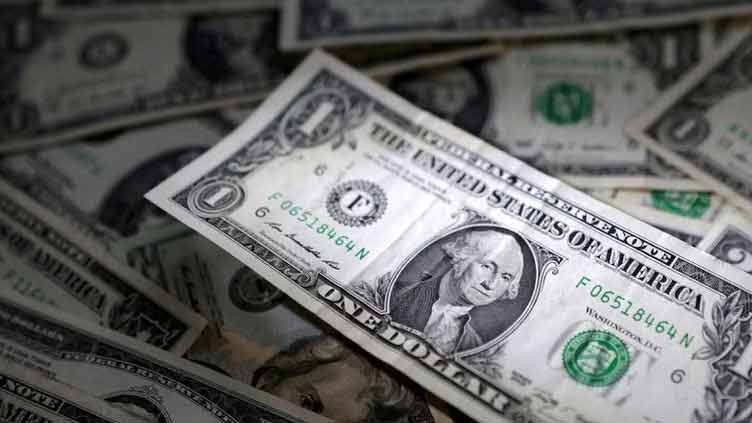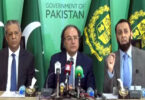ISLAMABAD (Web Desk) : The Shehbaz government is reportedly moving ahead with the ‘Plan B’ – the arrangement referred to by both Finance Minister Ishaq Dar and his deputy Dr Ayesha Ghaus Pasha on several occasions – under which it is requesting the friendly nations to plug the up to $4 billion financial gap as the negotiations with the IMF (International Monetary Fund) aren’t going nowhere.
With the IMF programme set to expire on June 30, the government believes it can meet all the financial needs, sources say, if the countries like China, the United Arab Emirates and Saudi Arabia agree for additional deposits.
Earlier, Dar had said after presenting the 2023-24 budget that the government was working on a Plan B if the IMF did not release the pending loan.
He had, however, avoided explaining or sharing any details, saying, “Plan-B is always there”. He stated that the features of the plan could not be talked about in public and again reiterated that Pakistan would not default.
Separately, the finance minister had also said that those behind the running the “Reimagining Pakistan” movement should stop frightening the people with the notion that the country would soon default, just hours after Miftah Ismail claimed that the budget was not sustainable.
About geopolitics, Dar had told the Senate Standing Committee on Finance that external forces were attempting to undermine Pakistan’s economic stability by forcing it into a situation similar to that of Sri Lanka and subsequently negotiating with the IMF.
He made it clear that Pakistan would not bow down to the IMF’s demands of the IMF, which has raised objections to the country’s budget proposals for the next financial year.
Pakistan was a sovereign country and would not accept everything the IMF demanded, but rather aim to achieve the country’s economic targets and priorities, he added.
The suggestion that Pakistan has activated the Plan B comes as Associated Press in a latest report says the UN is stepping up the criticism of IMF and World Bank for benefitting the rich nations.
“From the ashes of World War II, three institutions were created as linchpins of a new global order. Now, in an unusual move, the top official in one — the secretary-general of the United Nations — is pressing for major changes in the other two,” the Associated Press said.
“Antonio Guterres says the International Monetary Fund (IMF) has benefited rich countries instead of poor ones. And he describes the IMF and World Bank ’s response to the COVID-19 pandemic as a glaring failure that left dozens of countries deeply indebted.”
Guterres said it’s time for the boards of the IMF and the World Bank to right what he called the historic wrongs and “bias and injustice built into the current international financial architecture.”
The IMF’s rules unfairly favour wealthy nations, he added. During the pandemic, the wealthy Group of Seven nations, with a population of 772 million, received the equivalent of $280 billion from the IMF while the least developed countries, with a population of 1.1 billion, were allocated just over $8 billion.







